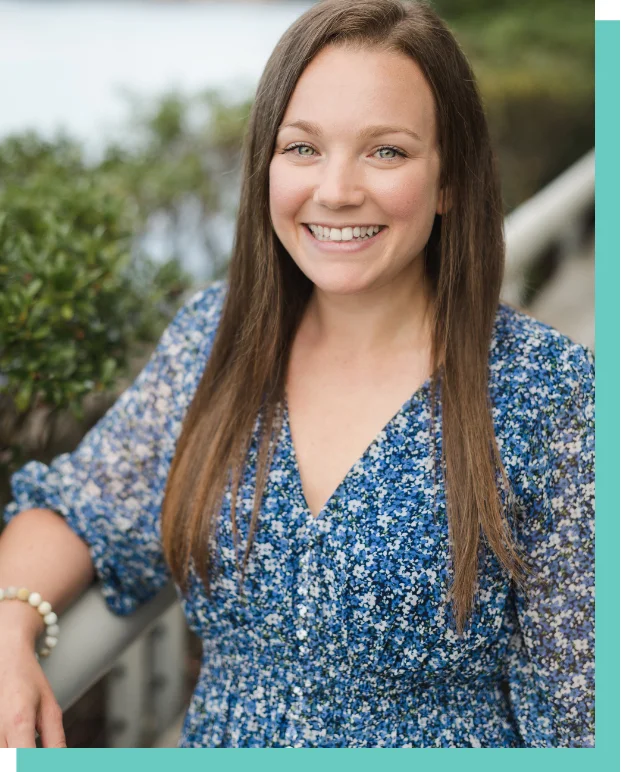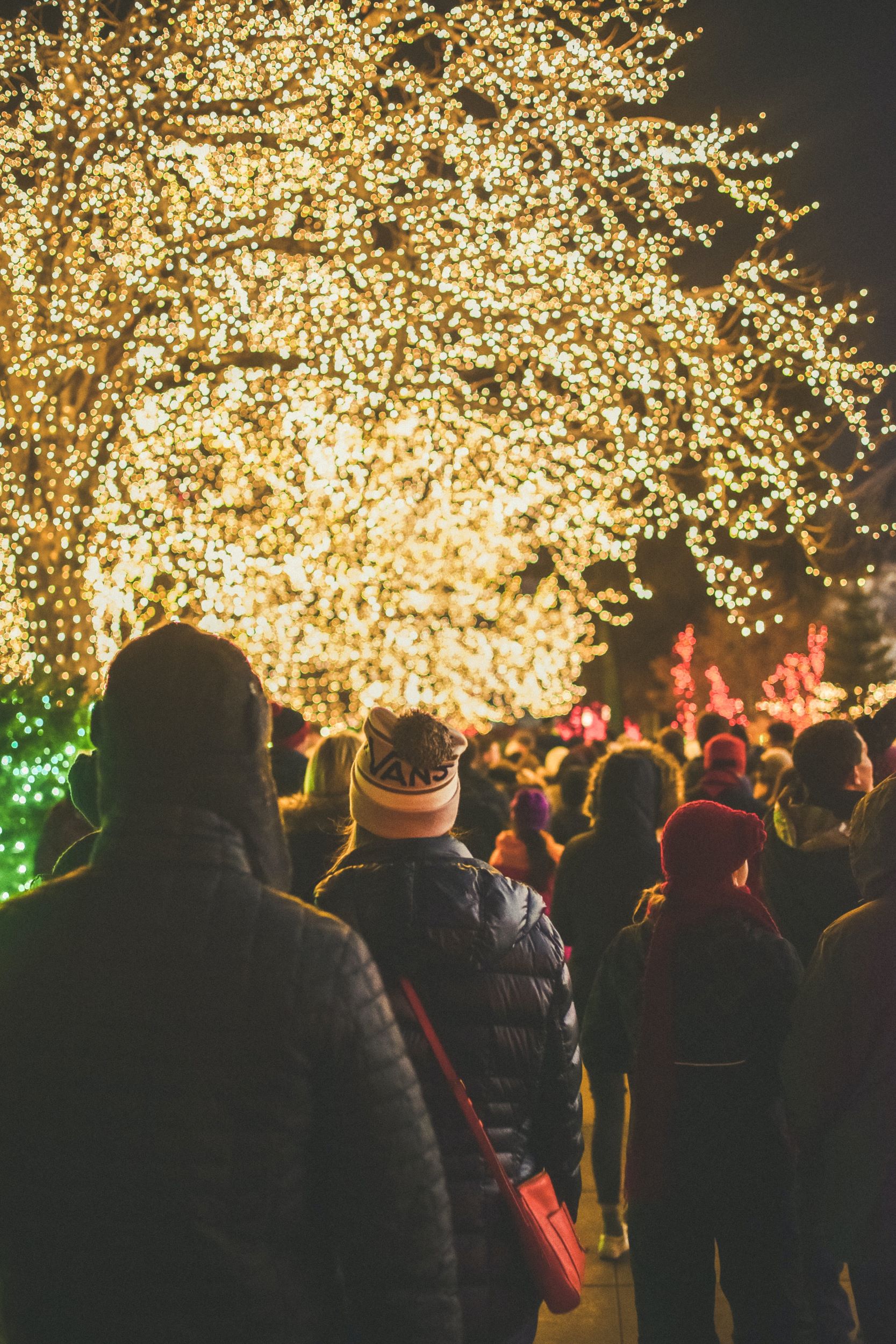For most people, the holiday season is often synonymous with parties, delicious food, and excitement. However, for those struggling with an eating disorder, it can elicit stress and anxiety. Why? Holidays are often food-focused, lack typical daily structure, and can come with an abundance of food and diet talk. Despite these challenges, it is possible to navigate, (and even enjoy), the festivities. Here are 6 tips to help support your recovery this holiday season.
1. Use your Support System
Enlist your trusted and supportive family and friends to help when needed. Communicate your needs, share your goals, express concerns, and celebrate wins with them. Be specific with ways that they can help you. For example, you may ask them to eat meals with you, plan distractions for after meals, or share with them words you find encouraging in a tough moment. Also make sure to keep appointments with your dietitian, therapist, or other eating disorder specialists. You can also consider attending a support group for additional encouragement.
2. Make a Plan
Anticipating challenging situations and planning ahead can help you feel more confident and prepared. Before attending holiday meals or gatherings, ask what food is being served, or offer to bring a dish that you enjoy. Plan meals and snacks for the day, including general time frames, to ensure you are meeting your needs. Pick a meaningful food goal or challenge to incorporate at a relaxed time. Although having structured meals is helpful, remember to practice flexibility in the moment. It can be helpful to ask yourself “is rigidly sticking to this food plan honoring my preferences and body cues or serving a more disordered purpose?”
Planning is not limited to food. Identify a few coping skills to have on hand at meal times or gatherings. You can also prepare some responses to less-than-helpful food or body comments. (I encourage doing this with your dietitian or therapist). Be sure to set realistic goals and expectations, to not become discouraged.
3. Don’t Forget About the Day After!
Oftentimes people are so focused on the actual day, they forget to prepare for the following one. It is not uncommon for feelings of guilt, shame, or even increased urges to present after a challenging event. Plan meals, snacks, and things to keep your mind occupied for the next day as well. This would also be a good time to reach out to your support system or schedule a check-in with your treatment team providers.
4. Schedule Self-Care
As fun as holidays can be, they are also notoriously busy. Try to prioritize self-care and maintain a healthy balance between your schedule and well-being. Carve out time to rest, read, journal, paint, stretch, or whatever you find calming and enjoyable. These practices can help rejuvenate you to better face the hustle and bustle of the season.
5. Refocus on the Meaning of the Holiday
With the holidays often centering around food, it can be exhausting to be constantly thinking about food and planning for food. Although the goal is to not avoid social gatherings due to this, it can be helpful to shift your focus. Try to connect with the significance of the holiday or things that are meaningful to you. This could look like volunteering and spending time with loved ones. Consider starting new holiday traditions such as crafts or a game night. The goal is to have things you can enjoy, while you work on reclaiming positive associations with food.
6. Practice Self-Compassion
The holidays can be busy and overwhelming. If you find yourself struggling, be gentle with yourself. Developing a healthy relationship with food is a process. Setbacks happen. Take a moment to reflect on your progress and revisit the steps above.
Overall, whether you are in recovery from an eating disorder or just trying to ditch diet culture, the holidays can be busy and challenging. It’s important to plan ahead, use your support system, and give yourself grace. If you are overwhelmed and need more help, consider working with an eating disorder dietitian. A healthy relationship with food is possible and worth celebrating! I hope these tips can help you stay on track and embrace the holiday season with confidence. Happy Holidays!
Contact Us
Courage to Nourish is a group of eating disorder specialized dietitians. We have in person locations in Alexandria, Virginia, Columbia, Maryland. and College Park, Maryland. We offer virtual services across the state of Virginia, Washington DC, Pennsylvania, and Colorado. We offer individual nutrition therapy. As well as support groups. We would love to guide you in building a better relationship with food.
Contact us for more information. And to schedule a discovery call. Also, sign up for our client or clinician newsletter!
Take one of our eating disorder quizzes:

Lauren joined Courage to Nourish because she used to work in the fitness and fashion industry. She realized how much misinformation there is about food and nutrition and vowed to support others with their relationship with food. Lauren holds a special place in her heart for working with clients struggling with women's health concerns including diagnoses involving hormonal imbalances such as PCOS (polycystic ovarian syndrome) and fertility difficulties. She also specializes in working with clients who have bulimia, binge eating disorder and those transitioning from a higher level of care. View Lauren's full bio here.


